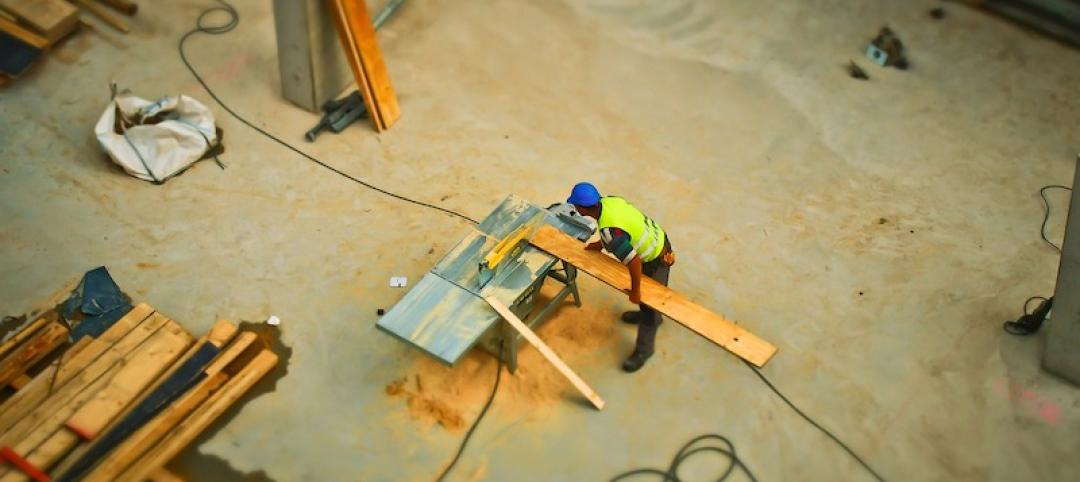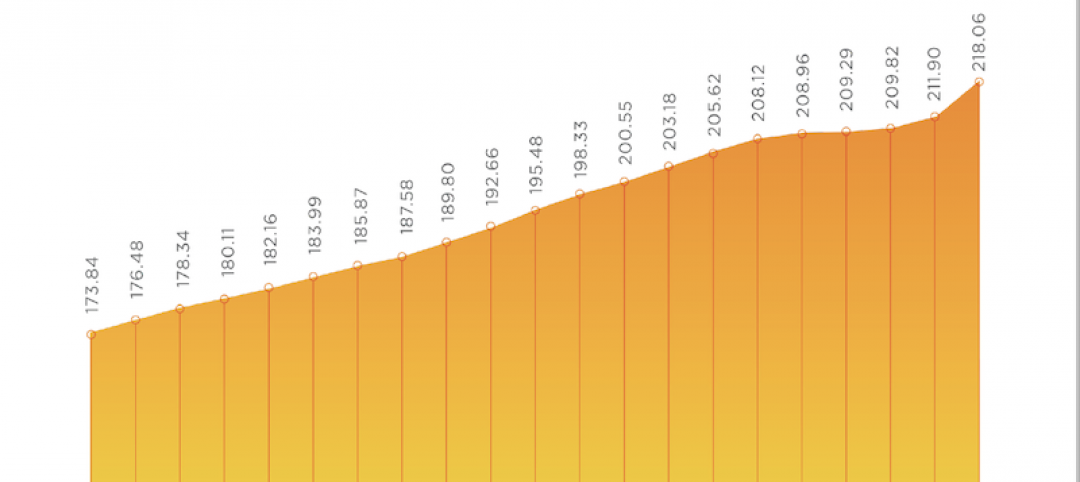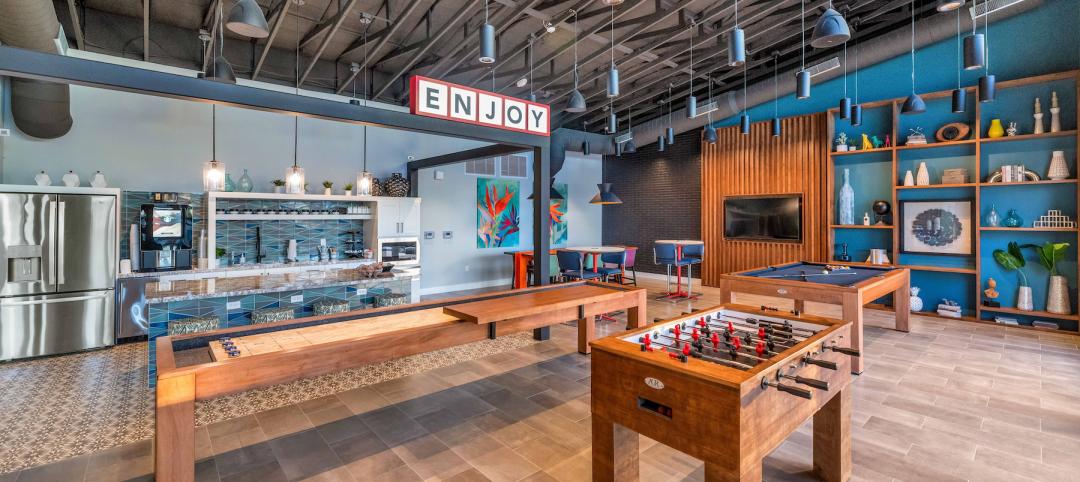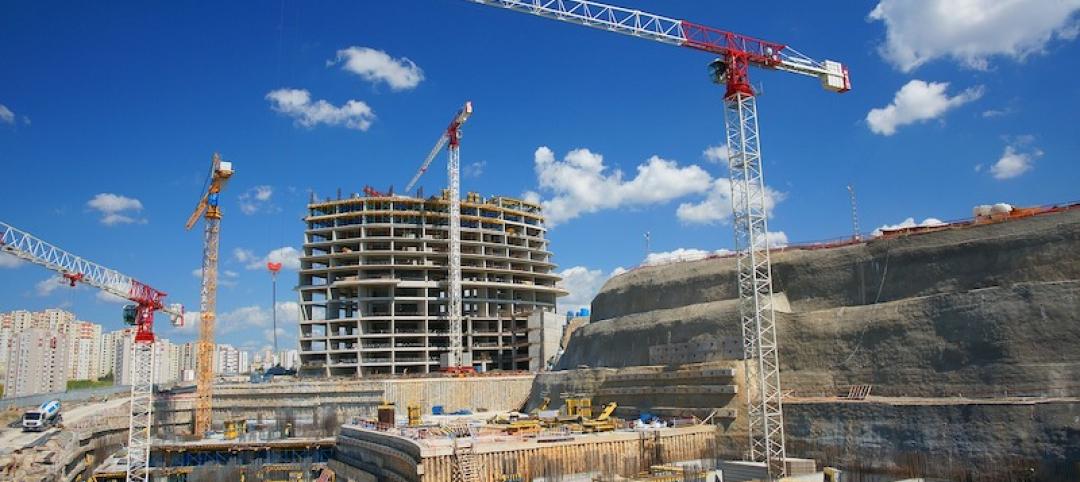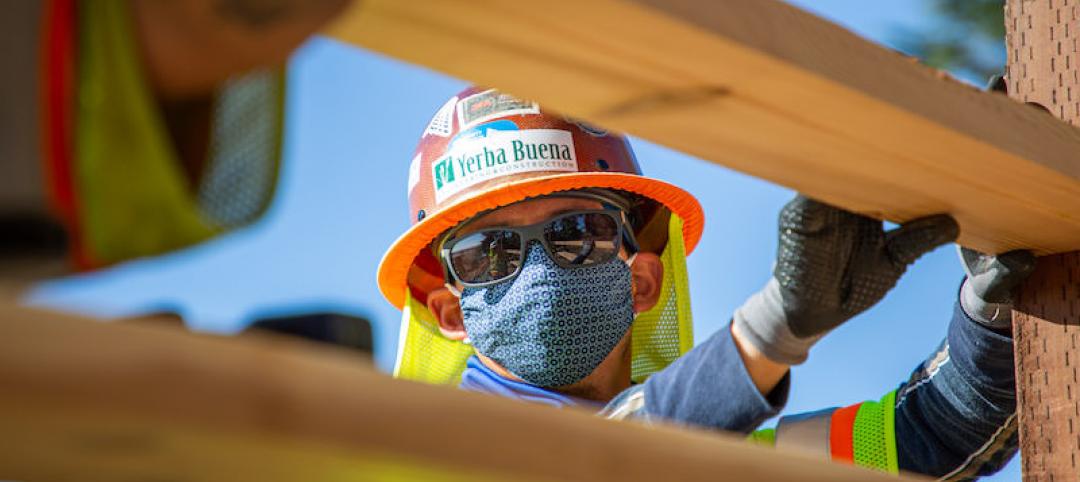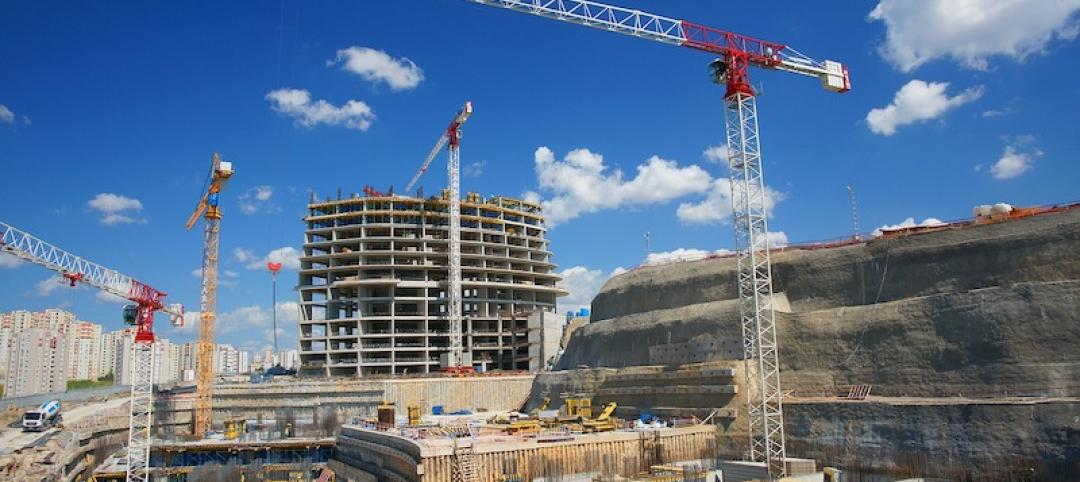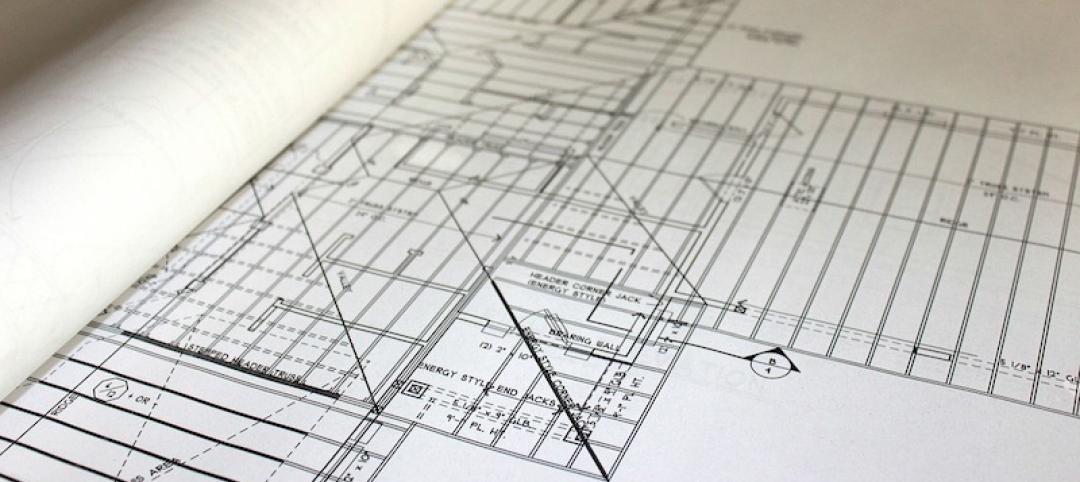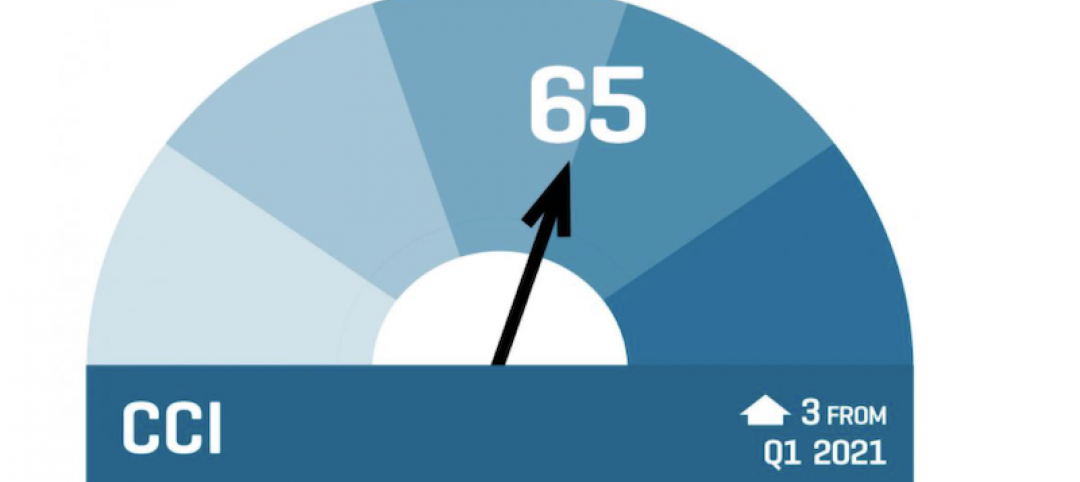Only 16 states and the District of Columbia have added construction jobs since just before the start of the pandemic in February 2020, according to a new analysis of federal employment data released today by the Associated General Contractors of America. Association officials noted that prospects for the sector’s recovery will be diminished should the House-passed Build Back Better bill become law.
“Although activity picked up in most states in October, construction employment remains below pre-pandemic levels in two out of three states,” said Ken Simonson, the association’s chief economist. “The record number of job openings shows contractors are eager to hire more workers but can’t find enough qualified applicants.”
From February 2020—the month before the pandemic caused projects to be halted or canceled—to last month, construction employment decreased in 33 states, stalled in Hawaii, and increased in only 16 states and D.C. Texas shed the most construction jobs over the period (-46,400 jobs or -5.9%), followed by New York (-42,800 jobs, -10.5%) and California (-21,300 jobs, -2.3%). The largest percentage losses were in Wyoming (-14.0%, -3,200 jobs), New York, and Vermont (-9.8%, -1,500 jobs),
Utah added the most construction jobs since February 2020 (8,200 jobs, 7.2%), followed by North Carolina (7,700 jobs, 3.3%), Washington (4,900 jobs, 2.2%), and Idaho (4,900 jobs, 8.9%). The largest percentage gains were in South Dakota (10.5%, 2,500 jobs), Idaho, and Utah.
From September to October construction employment decreased in 14 states, increased in 34 states and D.C., and was unchanged in Alabama and Virginia. South Carolina lost the most construction jobs over the month (-1,900 jobs, -1.7%), followed by Missouri (-1,500 jobs, -1.2%). The largest percentage decline was in New Hampshire (-2.2%, -600 jobs), followed by Vermont (-2.1%, -300 jobs).
Louisiana added the largest number and percentage of construction jobs between September and October (8,200 jobs, 7.1%). California was second in construction job gains (7,500 jobs, 0.8%), while West Virginia had the second-highest percentage increase (2.3%, 700 jobs).
Association officials cautioned that the Build Back Better measure, which passed in the House earlier today, will undermine the construction sector’s recovery. They noted that the measure’s tax and labor provisions will stifle investments in construction activity and make it even harder for firms to find qualified workers to hire. They urged Senators to reject the massive new spending bill.
“The last thing Washington should be doing is making it even harder for firms to find projects to build or workers to hire,” said Stephen E. Sandherr, the association’s chief executive officer. “Yet the hyper-partisan Build Back Better bill will hobble employers with new mandates even as it stifles private sector demand with new taxes and regulations.”
View state February 2020-October 2021 data and rankings, 1-month rankings.
Related Stories
Market Data | Jul 15, 2021
Producer prices for construction materials and services soar 26% over 12 months
Contractors cope with supply hitches, weak demand.
Market Data | Jul 13, 2021
ABC’s Construction Backlog Indicator and Contractor Confidence Index rise in June
ABC’s Construction Confidence Index readings for sales, profit margins and staffing levels increased modestly in June.
Market Data | Jul 8, 2021
Encouraging construction cost trends are emerging
In its latest quarterly report, Rider Levett Bucknall states that contractors’ most critical choice will be selecting which building sectors to target.
Multifamily Housing | Jul 7, 2021
Make sure to get your multifamily amenities mix right
One of the hardest decisions multifamily developers and their design teams have to make is what mix of amenities they’re going to put into each project. A lot of squiggly factors go into that decision: the type of community, the geographic market, local recreation preferences, climate/weather conditions, physical parameters, and of course the budget. The permutations are mind-boggling.
Market Data | Jul 7, 2021
Construction employment declines by 7,000 in June
Nonresidential firms struggle to find workers and materials to complete projects.
Market Data | Jun 30, 2021
Construction employment in May trails pre-covid levels in 91 metro areas
Firms struggle to cope with materials, labor challenges.
Market Data | Jun 23, 2021
Construction employment declines in 40 states between April and May
Soaring material costs, supply-chain disruptions impede recovery.
Market Data | Jun 22, 2021
Architecture billings continue historic rebound
AIA’s Architecture Billings Index (ABI) score for May rose to 58.5 compared to 57.9 in April.
Market Data | Jun 17, 2021
Commercial construction contractors upbeat on outlook despite worsening material shortages, worker shortages
88% indicate difficulty in finding skilled workers; of those, 35% have turned down work because of it.
Market Data | Jun 16, 2021
Construction input prices rise 4.6% in May; softwood lumber prices up 154% from a year ago
Construction input prices are 24.3% higher than a year ago, while nonresidential construction input prices increased 23.9% over that span.



